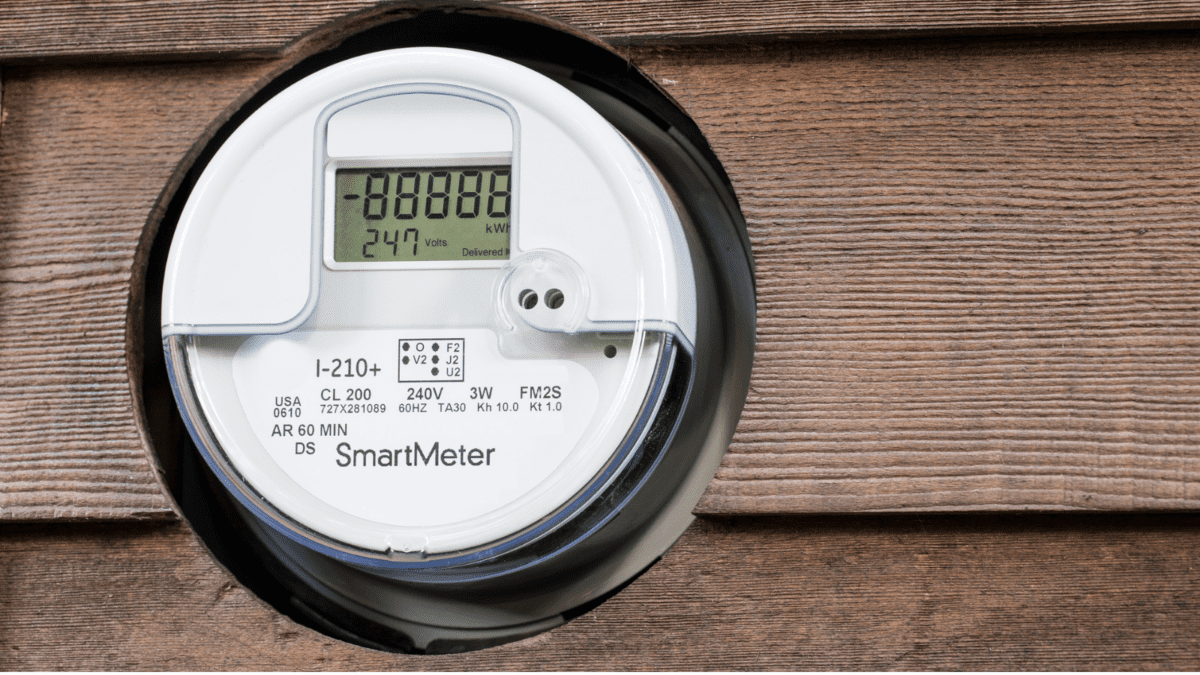The latest megatrend doesn’t involve technology
The team at Insync Funds Management has a knack of identifying and assessing disruptors and global ‘megatrends,’ and then building a portfolio of the most profitable and innovative companies that become the winners of tomorrow. The current pace of disruption is extraordinary, and has continued during the coronavirus. Significant demographic changes are converging with the digital transformation of the global economy. One such area that has seen significant disruption is the pet industry.
In Australia, especially, pets are treated not just as loved members of the family, but having the same status as our children or partners. Insync says this “pet humanisation” is a global megatrend that has actually accelerated due to the effects of Covid-19, and is unlikely to reverse in coming years. “This interesting megatrend is easily evidenced in how much money we are prepared to spend on our pets’ health, what we feed them, and what priority they hold in our overall household decision-making. It is also obvious from the choice of services available to pet owners, and the outrageous prices for ‘designer’ breeds,” says Insync.
As an investor, this all gives rise to a couple of interesting questions – Why is this occurring, and what businesses are taking advantage of this phenomenon?
The rise in global sales of pet care products is all due to changing family structures and lifestyles caused by the pandemic-forced lockdowns. Urbanisation and lockdowns have forced people into smaller spaces, where large pets are not practical, and into longer working hours at home. For that reason, people look for companionship, as do young singles. The rise in global sales of pet care products is part of the pet humanisation trend. But people are spending more than ever on their pets, buying high-quality, premium products.
Megatrends by definition are long-lasting, and Insync’s chief investment officer, Monik Kotecha, sees ‘Pet Humanisation’ delivering excess growth and profits in the long term to firms that are well-positioned as suppliers to it. “Pet humanisation is not new, and as such it is not a fad. This megatrend will continue on the back of changing demographics and consumer spending patterns” says Monik.
“Recent surveys* have thrown up some interesting data. Not only have pet owners found comfort in their pets through COVID isolation, but their pet’s health is as important as their own, and they intend increasing expenditure on it. The really interesting thing is that these results are most stark in younger age cohorts, Millenials and Gen Z, and we know these cohorts will be the largest contributor to global retail expenditure over the coming decades,” says Kotecha.
According to Smart Company, pet brand Rufus & Coco is an example of a company that has done extremely well by riding the pet wave. It has teamed-up with major supermarkets and is selling 2.5 products every minute.
As far as managed funds that are taking advantage of this phenomenon, Insync has selected a number of businesses associated with animal health that are highly profitable, innovative and well managed. Kotecha noted that Zoetis (NYSE: ZTS) is a US$5 billion-plus revenue firm that is highly profitable and a global supplier of animal pharmaceuticals. “We have owned this stock for many years, and it has typically outperformed the benchmark by around 13% over that time,” he says.
* Survey: Based in responses of 8-10 on 10-point scale of agreement, IDEXX U.S. Pet Owner Research Study fielded July 2020, n= 600 pet owners.









